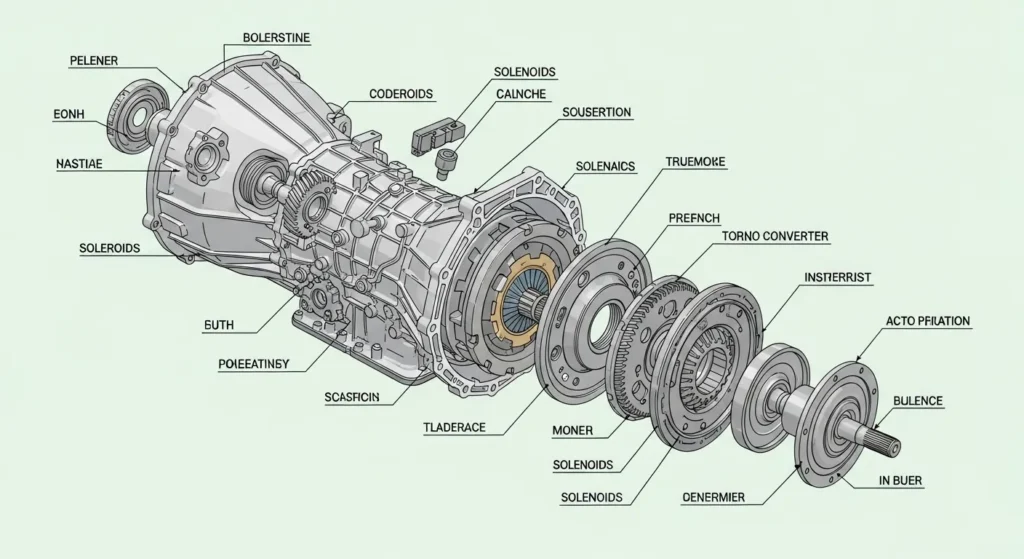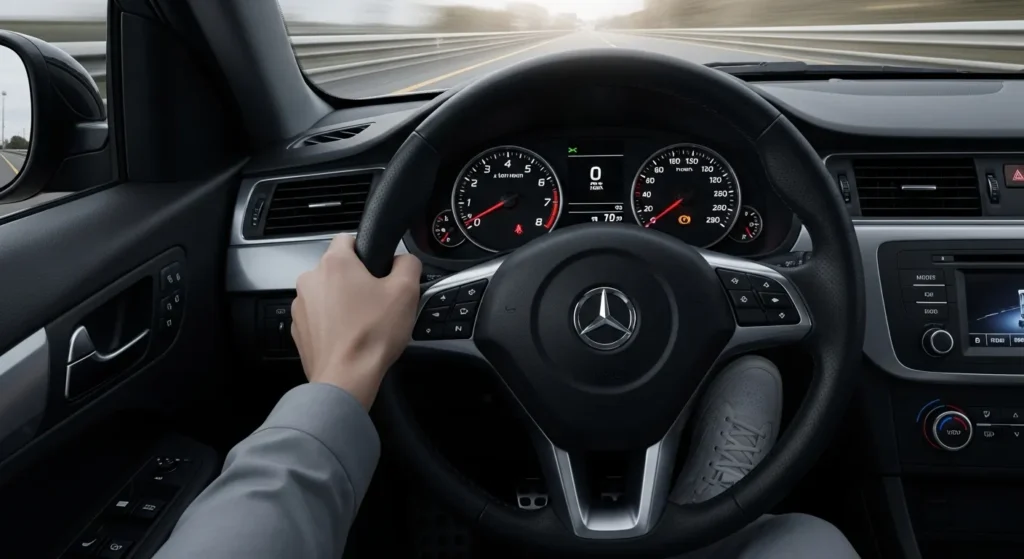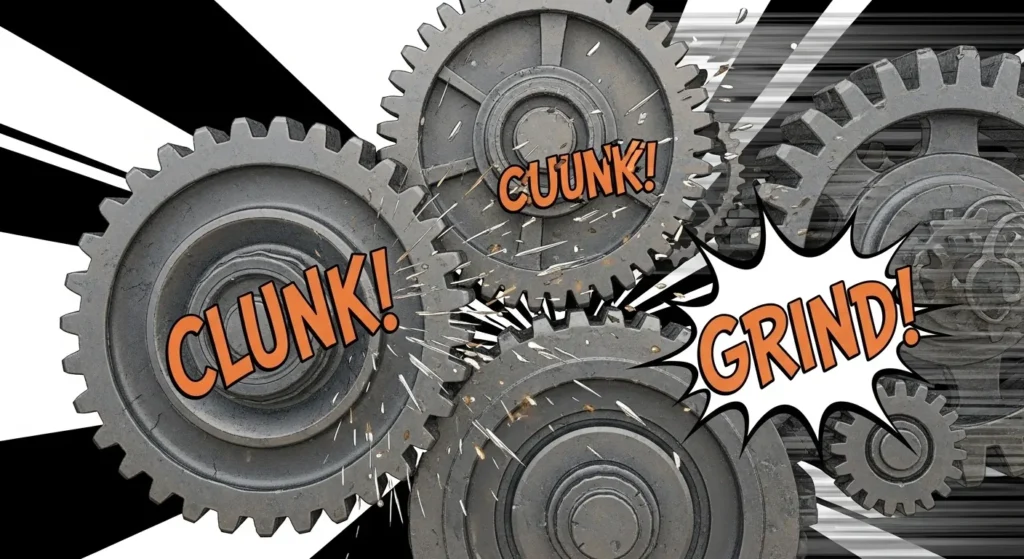Compact cars are adored because of their economical fuel consumption, easy maneuverability and cheap cost. However, behind their competent outside is a part that when not maintained well, may torpedo even the most dependable ride, the transmission. Over the last few years, there have been a sharp increase in the number of reports needed as a result of transmission problems in compact cars occasioning serious concern to both mechanics and car owners.
You can be working on a 10-year-old Civic or a fancy new Baby on the block, being knowledgeable about the most popular transmission issues can save you thousands of dollars in the repairs and the numberless troubles. Five most common complaints Incurred and enough: Let us jump in and see what you can do about them.
📊 Transmission Problem Overview

| Issue | Description | Causes | Symptoms | Prevention Tips |
|---|---|---|---|---|
| Slipping Gears | Transmission fails to stay in the correct gear | Worn clutch, damaged torque converter, low fluid | High RPMs, lag in acceleration | Regular fluid checks and clutch inspection |
| Delayed Shifting | Lag between gear selection and response | Faulty solenoids, contaminated fluid | Gear “hangs” or hesitates to engage | Timely fluid replacement, scan for solenoid errors |
| Abnormal Noises | Whining, clunking, or grinding during operation | Damaged gear teeth, bearing failure | Audible sounds in gear or neutral | Don’t ignore early noises; get diagnostics early |
| Leaking Transmission Fluid | Fluid pools under the car or low dipstick readings | Worn seals, cracked housing, loose pan bolts | Pink or brown puddles, shifting issues | Check for leaks routinely and tighten loose connections |
| Difficulty Engaging Gears | Trouble putting the car into gear or staying in gear | Clutch issues (manual), solenoid/electronic faults (auto) | Grinding sounds, refusal to shift | Service shifting system and update software if needed |
1. Slipping Gears

This problem appears to be insidiously insidious. There is a chance of receiving the unusual high rev amount of your engine without a proportional higher speed. That is what you call slipping transmission- being unable to hold the correct gear. Once unrestrained, it may soon spiral out of control with severe internal damage.
Expert Tip: Many people have slippin problems in their high-mileage compact Autos. In many cases, it is because of the lack of fluid changes by drivers,” asserts Tom Neely, chief technician at Sauls Autotek in Denver.
2. Delayed Shifting

Sluggish shift may give you an impression that an automobile makes a decision after long pondering. In some cases, although a delay may not appear to be a big deal, this is likely to be as a result of more electrical problems, or used-up internal hardware, particularly in automatic transmissions that manipulate certain solenoids.
More contemporary compacts, especially those fitted with CVTs (Continuously Variable Transmissions) are all too vulnerable to it, as the internal systems of belts lose traction the response time is extremely sluggish.
3. Abnormal Noises

Grinding sounds in the gearbox are more than annoying, the sounds are also a cry in distress. Such sounds are usually indicators of improper meshing of the gears or bearing failure and both of these need early intervention.
🎧 Case Study In 2021, an owner of a Nissan Sentra complained of sounding it was whirring when driven slowly. Examination showed the worn-out CVT pulley requiring a 2,500$ fix which would not have happened with more strict fluid checks.
4. Leaking Transmission Fluid
Transmission fluid is not only a lubricant, it is the life line. It chills, washes and charges hydraulics within your gearbox. One leak can suffocate the system resulting in overheating which will result in system failure.
Loose transmission pans or brittle seals are common problems of compact cars because of heat cycling. If checking your driveway visually can save your transmission and your wallet in finding the cause of the braineaters.
5. Difficulty Engaging Gears
Manual or automatic, a refusal to engage gears spells big trouble. This issue may stem from a failing clutch in manuals or sensor or pressure issues in automatics. Occasionally, compact cars suffer from misaligned shifter linkages, especially if the vehicle has hit a curb or pothole.
Why Compact Cars Are More Vulnerable
These compact cars may be designed to be fuel efficient but they can just as easily be packed with light-duty transmissions to conserve space and weight. Consequently they may age quicker under pressure – city traffic, intense acceleration, missed service.
MisterTransmission.com says the most typical repairs documented in their history are compact cars whose engines use CVTs (such as Nissan Versa or Dodge Caliber).
Preventive Measures That Actually Work
To keep abreast of transmission hassles, you need not fancy an engineering degree. Such methods are extremely efficient:
- ✅ Check fluid every 5,000–10,000 miles
- ✅ Service the transmission every 30,000–60,000 miles
- ✅ Listen for changes in sound or behavior
- ✅ Avoid rapid acceleration or overloading your vehicle
Pro Tip: Have a transmission fluid diary. Write down the miles, the color and the fluid level whenever you are checking. It is a tiny habit with huge paybacks.
Final Thoughts: Know the Signs, Dodge the Cost
Repairs to the transmission are major repairs that a compact car owner can encounter since the repair will cost up to 1,800 to 4,000 dollars or even more. Yet, there is the bright side to this, in that, most of the transmission problems indicate their existence well in advance. By being cautious, routine care and understanding a little bit of the car, you can keep your small vehicle on the road and off the garage.
